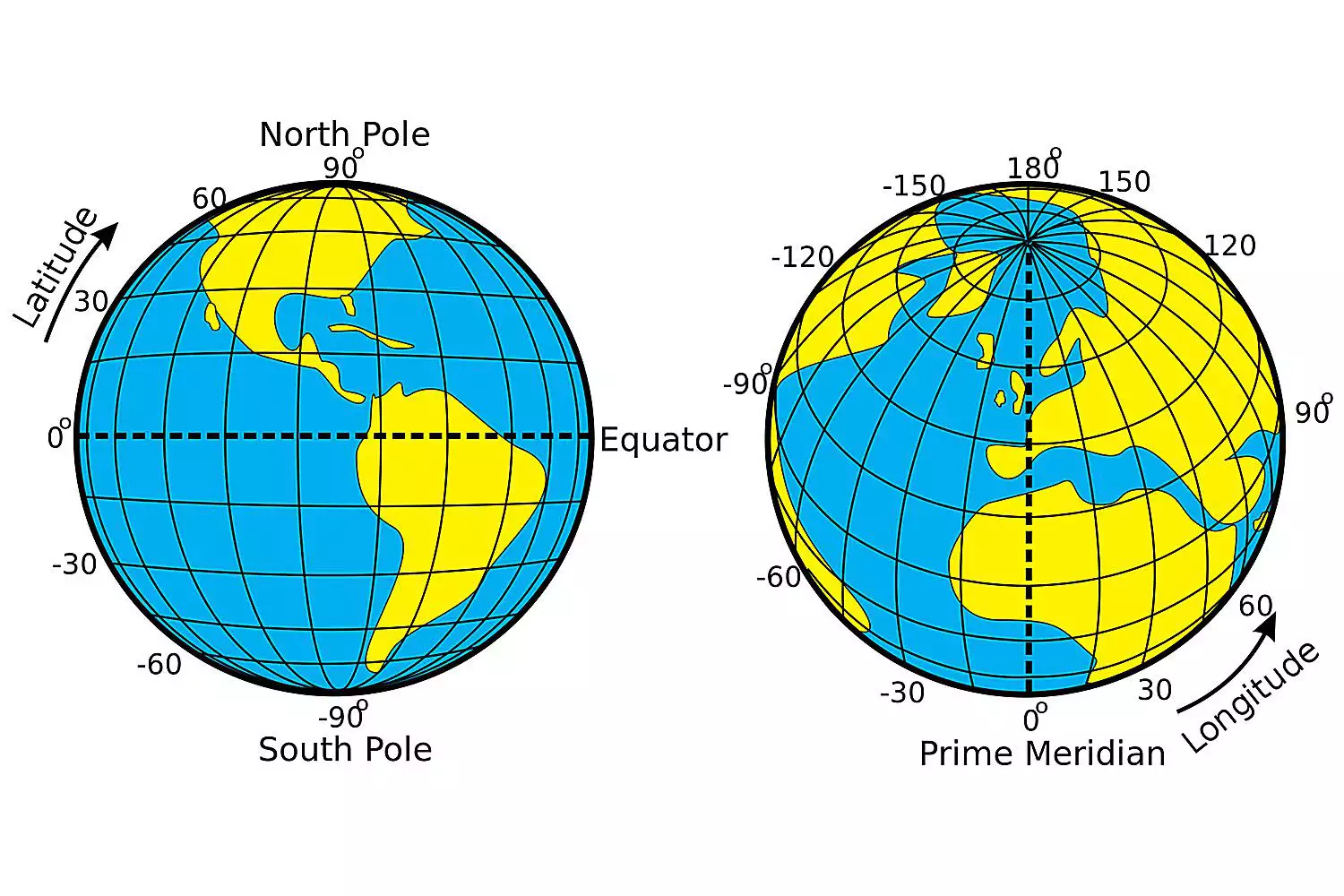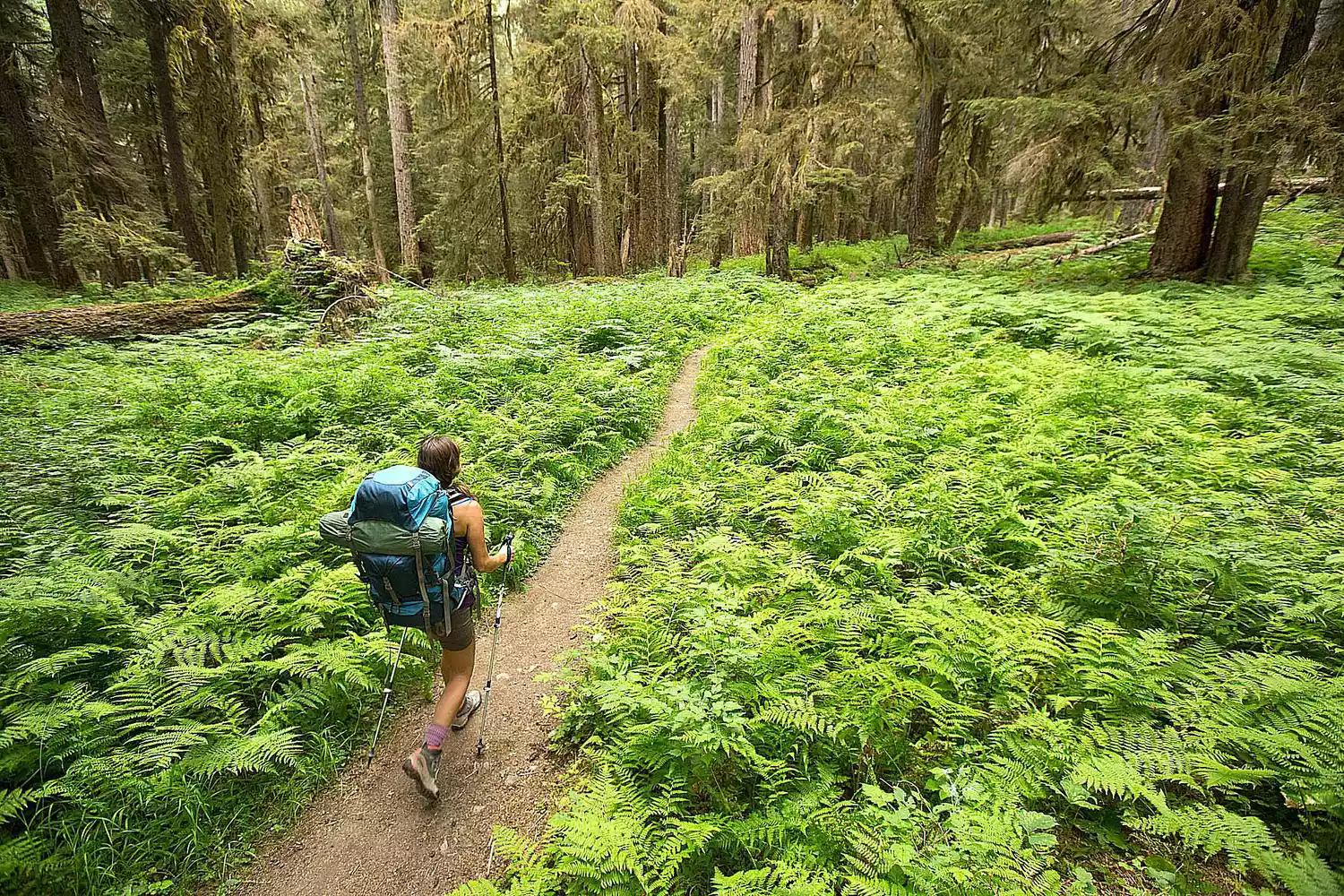An Overview of Human Geography

d3sign / Getty Images
Human geography is one of the two major branches of geography, together with physical geography. Human geography is also called cultural geography. It is the study of the many cultural aspects found throughout the world and how they relate to the spaces and places where they originate and the spaces and places they then travel to, as people continually move across various areas.
Some of the main cultural phenomena studied in human geography include language, religion, different economic and governmental structures, art, music, and other cultural aspects that explain how and/or why people function as they do in the areas in which they live. Globalization is also becoming increasingly important to the field of human geography as it is allowing these specific aspects of culture to travel across the globe easily.
Cultural landscapes are important to the field because they link culture to the physical environments in which people live. A cultural landscape can either limit or nurture the development of various aspects of culture. For instance, people living in a rural area are often more culturally tied to the natural environment around them than those living in a large metropolitan area. This is generally the focus of the "Man-Land Tradition" in the Four Traditions of geography, which studies the human impact on nature, the impact of nature on humans, and people's perception of the environment.
History of Human Geography
Human geography developed out of the University of California, Berkeley and was led by Professor Carl Sauer. He used landscapes as the defining unit of geographic study and said that cultures develop because of the landscape and also, conversely, help to develop the landscape. Sauer's work and the cultural geography of today are highly qualitative in contrast to the quantitative methodology used in physical geography.
Human Geography Today
Human geography is still practiced, and more specialized fields within it have developed to further aid in the study of cultural practices and human activities as they relate spatially to the world. Such specialized fields include feminist geography, children's geography, tourism studies, urban geography, the geography of sexuality and space, and political geography.









